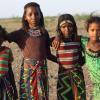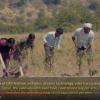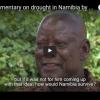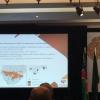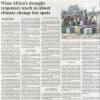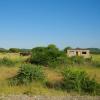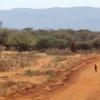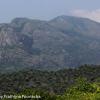Jump to: News stories | Outputs

Although not an official ASSAR research theme, the pervasiveness of droughts in semi-arid regions meant that this topic was explored in all of the ASSAR study areas. The outputs that resulted from these explorations are listed below.
ASSAR's work on drought in Botswana also led to one of the project's research-into-use highlights. In recent decades, recurrent drought conditions have had devastating impacts on Botswana’s food security, human health, and economy. Historically, government has taken a reactive approach to dealing with drought. However, climate change has caused an increase in the frequency and intensity of droughts, and a ‘crisis-driven’ approach is no longer appropriate. The Government of Botswana recognises the need to implement a more proactive and integrated approach to drought management. In this light, and on the basis of recurring extreme drought conditions, Botswana’s Rural Development Council has set up a ‘Technical Team’ tasked with developing a National Drought Management Strategy (DMS). This ‘strategy ready’ Background Paper was co-developed by a team of ASSAR researchers and practitioners from UCT and Oxfam GB with the view of contributing to and influencing the development of the DMS. Input was also provided by independent consultants who are experts in the field of policy development. The Background Paper builds on and extends the Botswana Technical Team’s outline of a draft DMS, the final version of which is required to be comprehensive enough to address all key issues directly and indirectly impacted by drought, covering short-, medium- and long-term time horizons. The outline of this Background Paper follows a proposed revised outline for the next version of the Botswana Government’s DMS, in order to provide maximum assistance to the Technical Team as they revise the draft document.
